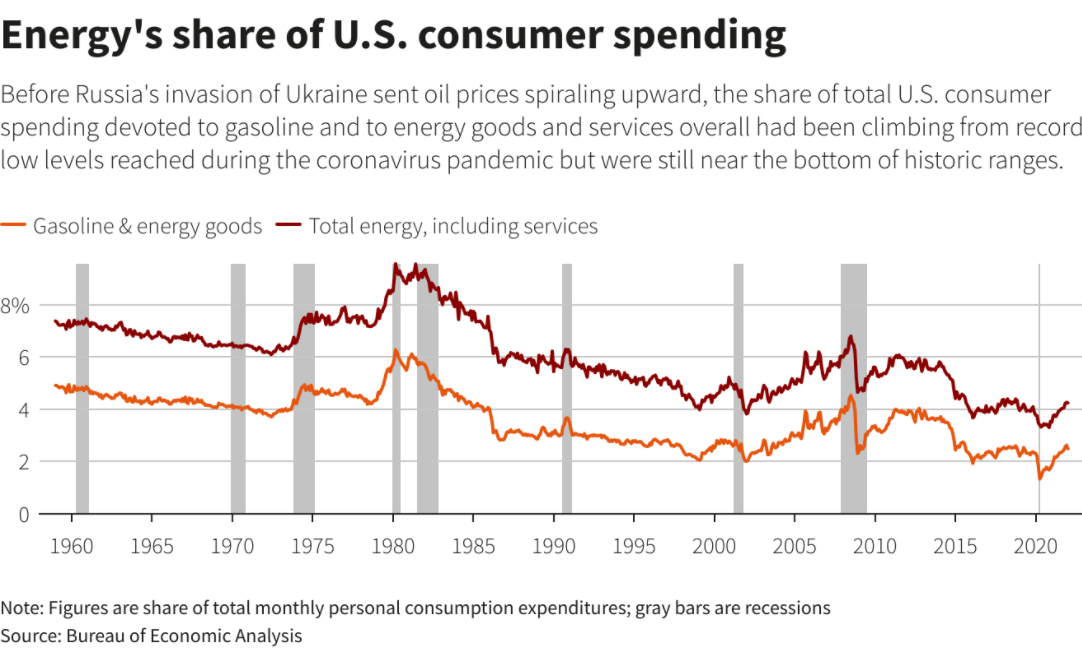FTC Probe Into OpenAI: Implications For The Future Of AI Development

Table of Contents
The FTC's Concerns: Data Privacy and Algorithmic Bias
The FTC's investigation centers around two major areas of concern: data privacy violations and algorithmic bias embedded within OpenAI's models. These concerns highlight the ethical complexities inherent in the rapid advancement of generative AI.
Data Privacy Violations
OpenAI's data collection practices have drawn significant scrutiny. Concerns exist regarding the potential violation of consumer privacy laws due to several factors:
- Unconsented data usage: The extent to which user data is utilized for training models without explicit and informed consent remains a key issue.
- Inadequate data security: Safeguarding the vast amounts of data used to train AI models is crucial, and questions remain about the robustness of OpenAI's security measures.
- Lack of transparency: Users need clarity on how their data is collected, used, and protected. OpenAI's transparency regarding these practices has been questioned.
These concerns must be viewed within the context of existing data protection regulations such as the General Data Protection Regulation (GDPR) in Europe and the California Consumer Privacy Act (CCPA) in the US. The FTC's investigation will likely assess OpenAI's compliance with these and other relevant laws.
Algorithmic Bias and Fairness
Another central concern is the potential for algorithmic bias in OpenAI's models. Generative AI models learn from vast datasets, and if these datasets reflect existing societal biases, the resulting models can perpetuate and even amplify those biases. This can have serious societal consequences. Examples include:
- Gender bias: AI models may exhibit gender stereotypes in their outputs, reinforcing harmful societal norms.
- Racial bias: Similar biases can manifest in racial contexts, leading to discriminatory outcomes.
- Political bias: AI models might reflect political leanings present in their training data, potentially influencing users' perspectives.
Mitigating algorithmic bias is a significant challenge. It requires careful curation of training data, rigorous testing for bias, and ongoing monitoring of model outputs. The FTC investigation will likely scrutinize OpenAI's efforts (or lack thereof) in addressing these issues.
Potential Implications for AI Development
The FTC's investigation is likely to have profound implications for the future of AI development, impacting both the pace of innovation and the ethical considerations guiding it.
Increased Regulatory Scrutiny
The FTC probe signals a significant increase in regulatory scrutiny of AI companies. This increased pressure will likely lead to:
- Stricter data handling rules: New regulations may mandate more stringent data handling practices, including stricter consent requirements and enhanced data security measures.
- Mandatory bias audits: Companies might be required to conduct regular audits to assess and mitigate algorithmic bias in their AI models.
- Increased transparency requirements: Greater transparency regarding data usage, model training, and potential biases will likely become mandatory.
These developments are not limited to the US. Global regulatory efforts, such as the EU's AI Act, are also shaping the landscape of AI development, emphasizing ethical considerations and responsible innovation.
Slowdown in AI Innovation?
The question arises: will increased regulation stifle AI innovation or foster responsible development? Arguments exist on both sides:
- Reduced risk: Stronger regulations could reduce the risks associated with biased AI and data privacy breaches, fostering public trust and promoting wider adoption.
- Hindering progress: Overly stringent regulations could slow down the pace of innovation, potentially hindering the development of beneficial AI applications.
Balancing innovation with ethical considerations is crucial. The FTC investigation and its outcome will play a significant role in defining this delicate balance.
The Broader Context: Antitrust and Market Dominance
Beyond data privacy and algorithmic bias, the FTC's investigation also touches upon antitrust concerns and OpenAI's potential for market dominance in the generative AI space.
OpenAI's Market Position
OpenAI, with its leading models like ChatGPT and DALL-E 2, holds a significant position in the generative AI market. This dominant position raises concerns about:
- Market share: OpenAI's substantial market share raises questions about potential monopolistic practices.
- Antitrust implications: The FTC's investigation might explore whether OpenAI's practices are anti-competitive and violate antitrust laws.
The Future of Competition in AI
The FTC's investigation will likely shape the competitive landscape of the AI industry, potentially leading to:
- Increased competition: The investigation could encourage the emergence of new competitors and foster a more diverse AI ecosystem.
- Consolidation: Alternatively, the investigation could lead to industry consolidation, with larger players acquiring smaller ones.
- New regulations promoting competition: New regulations might be introduced to promote competition and prevent the emergence of monopolies in the AI sector.
The long-term impact on innovation and market dynamics will depend heavily on the outcome of the FTC's investigation and subsequent regulatory actions.
Conclusion
The FTC's investigation into OpenAI represents a watershed moment for the future of AI development. It underscores the pressing need for responsible AI practices, robust regulatory frameworks to address data privacy and algorithmic bias, and a thorough understanding of the potential for market dominance. The outcome of this investigation will profoundly shape the development and deployment of AI technologies globally. Staying informed about the FTC's findings and the evolving landscape of AI regulation is crucial for developers, businesses, and consumers alike. Understanding the implications of the FTC probe into OpenAI is key for navigating the future of AI development responsibly.

Featured Posts
-
 Is Fire Country On Tonight Season 3 Episode 16 Return Date And Streaming
May 27, 2025
Is Fire Country On Tonight Season 3 Episode 16 Return Date And Streaming
May 27, 2025 -
 La Fires Fuel Landlord Price Gouging Debate
May 27, 2025
La Fires Fuel Landlord Price Gouging Debate
May 27, 2025 -
 Thdyth Ham Ntayj Msabqt Altwzyf Bryd Aljzayr Llmtrshhyn Almqbwlyn
May 27, 2025
Thdyth Ham Ntayj Msabqt Altwzyf Bryd Aljzayr Llmtrshhyn Almqbwlyn
May 27, 2025 -
 Can We Make Housing Affordable Without Crashing Home Prices The Gregor Robertson Approach
May 27, 2025
Can We Make Housing Affordable Without Crashing Home Prices The Gregor Robertson Approach
May 27, 2025 -
 Political Firestorm Trumps Comments On Taylor Swift And The Maga Reaction
May 27, 2025
Political Firestorm Trumps Comments On Taylor Swift And The Maga Reaction
May 27, 2025
Latest Posts
-
 Paddy Pimbletts Heavyweight Prediction Jones Vs Aspinall
May 30, 2025
Paddy Pimbletts Heavyweight Prediction Jones Vs Aspinall
May 30, 2025 -
 Paddy Pimblett Predicts Jon Jones Vs Tom Aspinall Heavyweight Bout Winner
May 30, 2025
Paddy Pimblett Predicts Jon Jones Vs Tom Aspinall Heavyweight Bout Winner
May 30, 2025 -
 Former Opponent Claims Jon Jones Used Mental Tactics Against Tom Aspinall
May 30, 2025
Former Opponent Claims Jon Jones Used Mental Tactics Against Tom Aspinall
May 30, 2025 -
 Analysis How The New Us Energy Policy Could Affect Consumer Energy Costs
May 30, 2025
Analysis How The New Us Energy Policy Could Affect Consumer Energy Costs
May 30, 2025 -
 Dana Whites Update Fuels Debate Did Jon Jones Mentally Exhaust Tom Aspinall
May 30, 2025
Dana Whites Update Fuels Debate Did Jon Jones Mentally Exhaust Tom Aspinall
May 30, 2025
